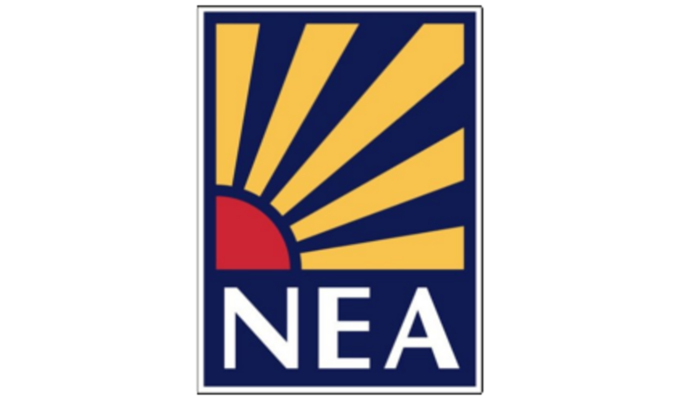The Committee on Fuel Poverty has produced a list of recommendations in its first report which is to be launched on Friday 23 September at the annual conference of fuel poverty charity National Energy Action.
The committee has set out a number of recommendations that it believes will be needed to achieve the Government’s 2020, 2025 and 2030 targets to reduce fuel poverty and highlights policy changes and the level of resources that will be needed following its initial analysis. It stresses the need for better targeting of assistance to those in fuel poverty through new Government data sharing powers, refocusing of energy company schemes on the fuel poor, opportunities to lever additional finance, the need for greater involvement by local authorities and public health bodies, access to high quality advice and the role of private landlords in improving their properties. Jenny Saunders, speaking for the Committee, said:
“The Committee has reached initial positions on success criteria for the Government’s fuel poverty strategy for England. Whilst significant resources appear to be available to meet the 2030 target to substantially improve the energy efficiency of low-income households and provide income supplements to pay fuel bills, the reality is that these resources are currently poorly targeted at those in fuel poverty. We acknowledge that the Government has made a start to address this issue, but it needs to do more through data sharing to identify people in fuel poverty. It also needs to ensure the recommendations of the Competition and Market Authority’s remedies are implemented so that the energy market works for all consumers, particularly those who are more vulnerable, and lever additional finance particularly in the private-rented sector.
“The Committee is presenting its recommendations to around 250 fuel poverty practitioners from across the country in Manchester. We are working with the Department of Business, Energy and Industrial Strategy and other Government departments to help steer policy changes needed to maximise resources cost effectively to increase the energy efficiency standards of households in fuel poverty and thereby reduce the cost of energy bills and prevent the health and other impacts of living in cold homes.”




